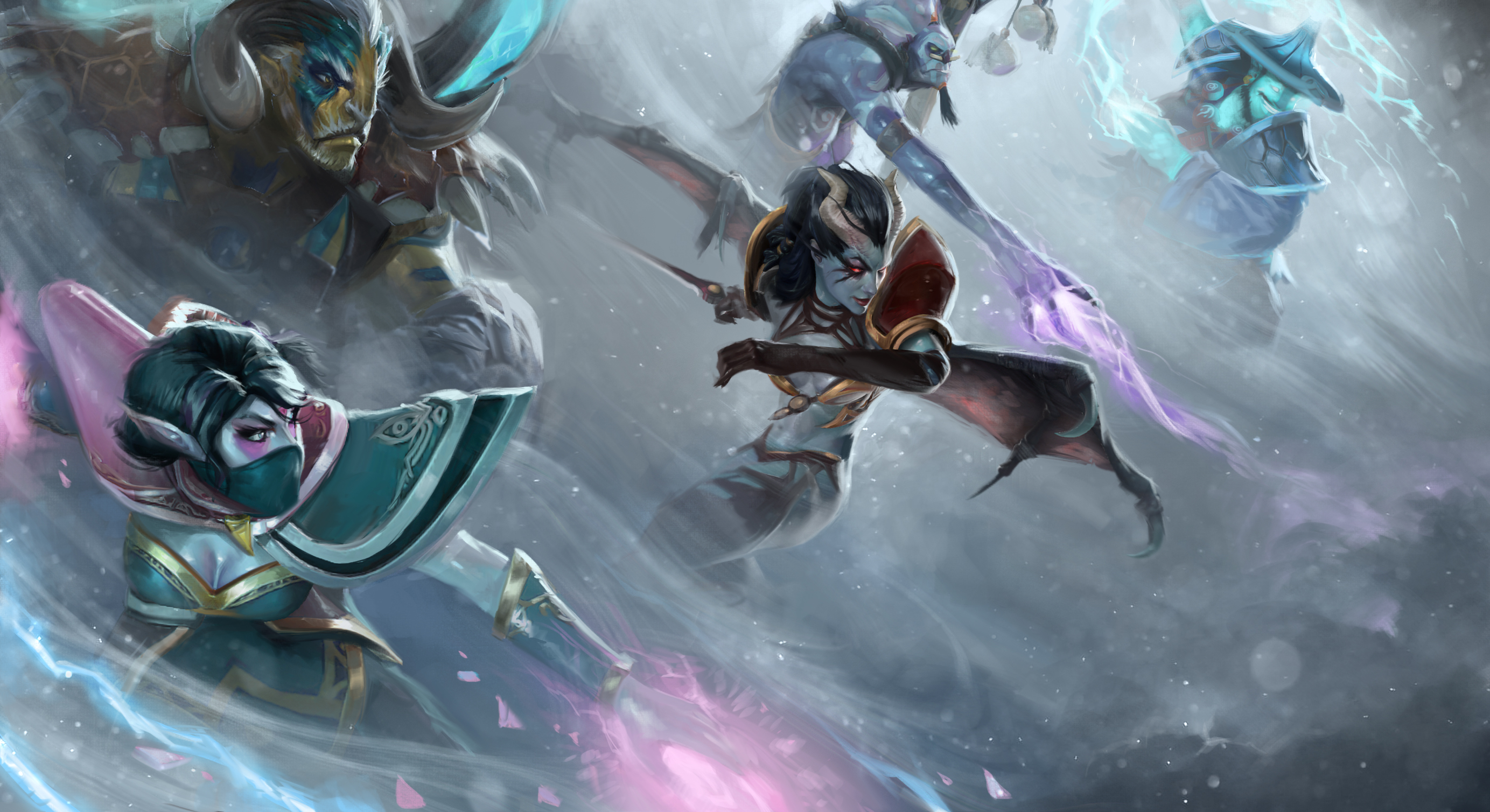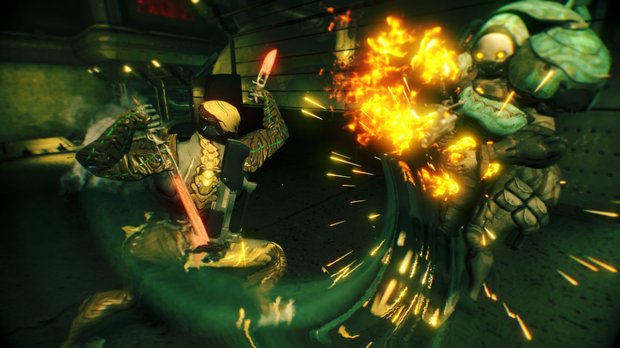When did something being free become a bad thing?
It's a comment I've seen countless times, in numerous iterations. "'It's free-to-play' And there goes my interest." And every time I read it, I'm perplexed by the unwillingness to acknowledge the stark reality of the free-to-play market. F2P games have to try even harder to make sure you have a good time, because no one will spend money to enhance an experience that they loathe. But it seems like somewhere down the line, having zero barriers to entry became a bad thing.

A F2P game must be worthwhile before it can make profits, because that progression simply doesn't work the other way around. They're like restaurants, where the only path to sustainable success is customer satisfaction. No one will excitedly recommend crappy food to their friends, or pay for the rest of a subpar meal after you've provided a sample for free. Restaurateurs and F2P developers know that the only way they can make money is to ensure that you have a good time, one that you'd want to share with others. A slew of bad Steam user reviews or a red tint on Metacritic will be just as impactful to a game as a low score on Yelp is to an eatery.
Further, there are dozens upon dozens of F2P games out there, all vying for your attention. And the only way they can stand out from the pack--to justify and prolong their existence--is to offer something that's unique or of quality. F2P efforts can't be merely decent if they want to grow; they need to match or exceed the current standards that players have come to expect, or no one will see a reason to stick around and spend the money that keeps servers online. That kind of ever-present competition ensures that the F2P market is survival of the fittest, where only the most polished games prosper. If quality isn't hitting new players in the face within minutes, nothing's stopping them from leaving and never coming back.

Contrast this with the AAA, big-budget space. What matters most is your perception of a game before you buy it--because once you've shelled out $60, the enjoyment you get from a game can't immediately impact profits (unless you have a habit of buying multiple copies of your favorite games). The only way to get more money from an established fan is to crank out DLC or full-fledged sequels, which is why so many modern AAA franchises are struggling to combat the fatigue inherent to annualized releases. Word-of-mouth endorsements are important, but those don't pertain to sales at launch, which is what publishers seem to value most.
When free-to-play experiences start to align with the negative stereotype--that of an exploitative, boring, or poorly balanced game--it's adapt or die. Tribes: Ascend soured its incredible jetpack-centric gunplay with ludicrous costs for new gear, and the negative response from players was so forceful that the pricing structure got entirely reworked. If The Mighty Quest For Epic Loot can't turn around its public image as a buggy, tedious, money-grubbing mess, it is destined to wither until it dies. You can decry a bad $60 game all you want, but besides bug-squashing patches, nothing you do will change the product you own for the better. But the fate of F2P games is in the players' collective hands, and their opinions can effect real improvements on these constantly evolving games.

Yes, there will always be those F2P games looking to exploit the lowest common denominator. But that mindset is slowly and surely becoming a thing of the past; a clearly untenable strategy for long-term growth. With powerhouses like Apple taking measures to stamp out underhanded microtransactions, fewer and fewer companies will have the audacity to charge you $5 extra for five seconds of entertainment. Or maybe they'll still try--but rest assured, they will inevitably fail.
Your attention span and gratification means everything to the income of a F2P developer. Don't assume that you'll be exploited; go in with the assumption that the game will cater to you in every possible way. Success in the F2P market doesn't come from bad, formulaic, or predictable design--these games have to put forward their best content first and constantly keep you hooked, in the hopes that you'll leave a tip by purchasing a hero skin or convenience boost. League of Legends and Dota 2 thrive because they put game design first, not because they scammed a few hundred thousand players with microtransactions. People spend money in these free games because they want to support them and see them grow. And the first step towards that is to actually start playing. What have you got to lose?
Weekly digests, tales from the communities you love, and more
Lucas Sullivan is the former US Managing Editor of GamesRadar+. Lucas spent seven years working for GR, starting as an Associate Editor in 2012 before climbing the ranks. He left us in 2019 to pursue a career path on the other side of the fence, joining 2K Games as a Global Content Manager. Lucas doesn't get to write about games like Borderlands and Mafia anymore, but he does get to help make and market them.



